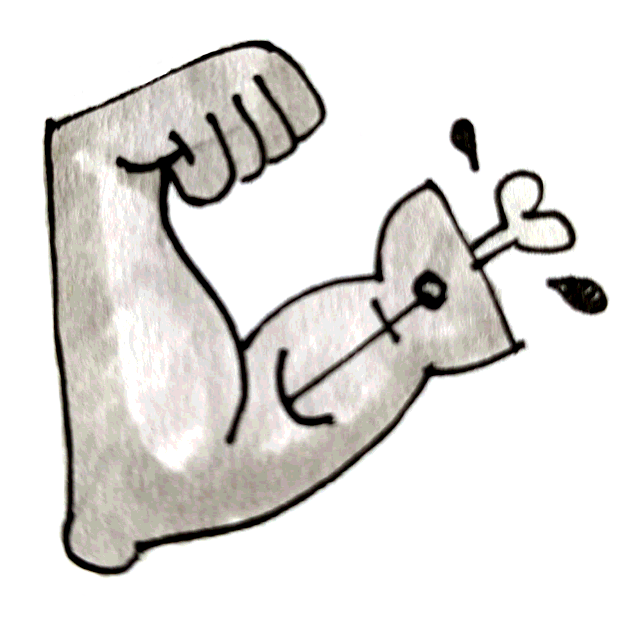So in order to learn to "tickle" laughter we had to notice that we found it pleasurable. That's not a huge leap, we're pretty aware of pleasure in our lives. But the other side of tickling, is that idea that we might use what we've learned to affect other people, persuade them to do things, or just curry favour with them.
This is, I think, the context we're in when it comes to a lot of what's said when people talk about laughter. The social aspects of laughter are of course less to do with finding something funny yourself, than with showing other people you are not threatening, are one of the group, or simply that your thoughts are in line with theirs.
Laughter, as a signifier within social groups, is clearly a hugely important part of social life, but I don't think looking at it is helpful in determining what makes things funny.
What we do when we use laughter in this way is we take the idea of finding something funny and apply that to something that maybe isn't funny, to send a message. That's not to say that the thing isn't ever funny, but whether it's funny or not isn't the point, it's the message that counts.
What's interesting I think about this, is that this use of laugher adds a layer of complexity which makes it harder to see what's going on.
Understanding this aspect of laughter is important and fascinating as a way to understand ourselves, but it is different from understanding humour, which is what I'm interested in here, so I'll try and make sure to make this distinction where ever necessary.
<- Back
